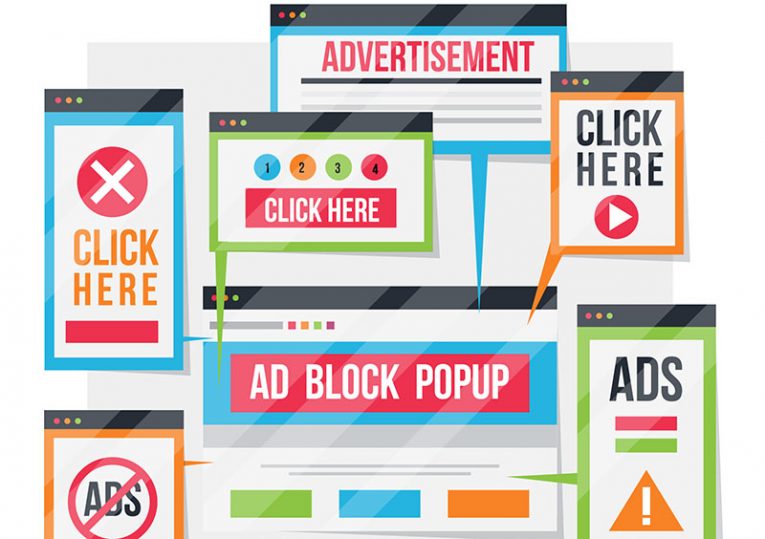What is CommonHandler Adware

During a regular examination of new file samples, our team of researchers came across an application called CommonHandler. After analyzing this app, we concluded that it is a type of adware belonging to the AdLoad malware family.
Adware, short for advertising-supported software, is specifically designed to generate revenue for its developers by running intrusive advertising campaigns. This software facilitates the display of various types of ads, including pop-ups, banners, surveys, overlays, and more, on different interfaces.
The main purpose of these advertisements is to promote online scams, unreliable or harmful software, and even malware. Some of these intrusive ads are capable of initiating stealthy downloads or installations when clicked on.
It is important to note that any legitimate products or services advertised through these ads are likely endorsed by scammers who exploit affiliate programs to gain illegitimate commissions.
Adware will only deliver intrusive ad campaigns if specific conditions are met, such as compatible browsers or systems, user geolocation, or visiting certain websites. However, the presence of CommonHandler on a system poses a threat regardless of whether it displays advertisements.
Although AdLoad applications often have browser hijacker capabilities, we did not observe any such functions when inspecting the CommonHandler app.
Furthermore, ad-supported software typically collects private information, and this may also apply to CommonHandler. The gathered data may include browsing and search engine histories, internet cookies, usernames, passwords, personally identifiable information, credit card numbers, and more. This collected information can be shared with or sold to third parties, potentially including cyber criminals.
What Are the Potential Security and Privacy Risks Associated with Adware?
Adware poses several security and privacy risks that users should be aware of:
- Malware Delivery: Adware is often bundled with or can lead to the installation of other malicious software such as spyware, ransomware, or Trojans. Clicking on deceptive ads or downloading software promoted by adware can result in the unintentional installation of harmful programs, compromising the security of your system.
- Intrusive Advertising: Adware inundates users with intrusive advertisements, including pop-ups, banners, and overlays. These ads can disrupt your browsing experience, slow down your computer, and make it difficult to focus on content. Moreover, some ads may contain malicious links that lead to phishing websites or attempt to trick you into downloading more unwanted software.
- Privacy Invasion: Adware often tracks your online activities, including your browsing history, search queries, and the websites you visit. This information is collected to personalize ads and generate revenue for adware developers. However, this tracking raises privacy concerns as your sensitive data is being monitored and potentially shared with third parties without your consent.
- Data Collection and Sharing: Adware may gather personal information, such as usernames, passwords, email addresses, and even financial details. This data can be exploited by cybercriminals for identity theft, fraud, or sold to other malicious actors on the dark web. The unauthorized collection and sharing of your personal information can have severe consequences for your privacy and security.
- System Performance Issues: Adware consumes system resources, leading to slower performance, increased startup times, and overall sluggishness. The constant display of ads can also result in network congestion and higher data usage, especially if the ads contain multimedia content. These performance issues can impact your productivity and frustrate your online experience.
- Unwanted Modifications: Some aggressive forms of adware can modify your browser settings, including your homepage, search engine, and new tab page. These unauthorized changes can be challenging to reverse and may redirect your searches to malicious or irrelevant websites.
To mitigate these risks, it is crucial to have reputable antivirus software installed on your devices, regularly update your operating system and applications, and exercise caution when downloading software or clicking on ads. Additionally, be mindful of the permissions you grant to apps and extensions and regularly review and delete any suspicious or unwanted programs from your system.








